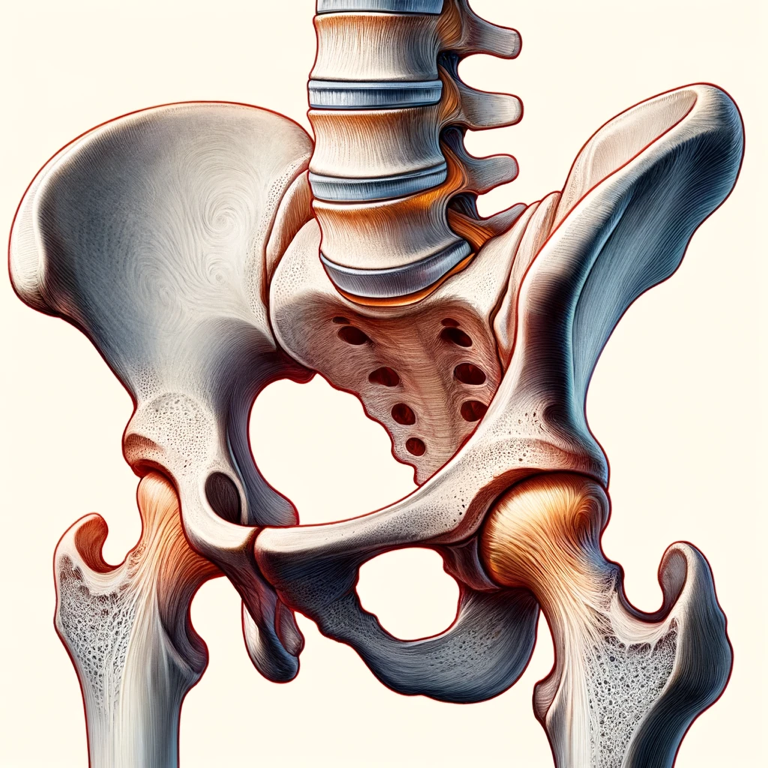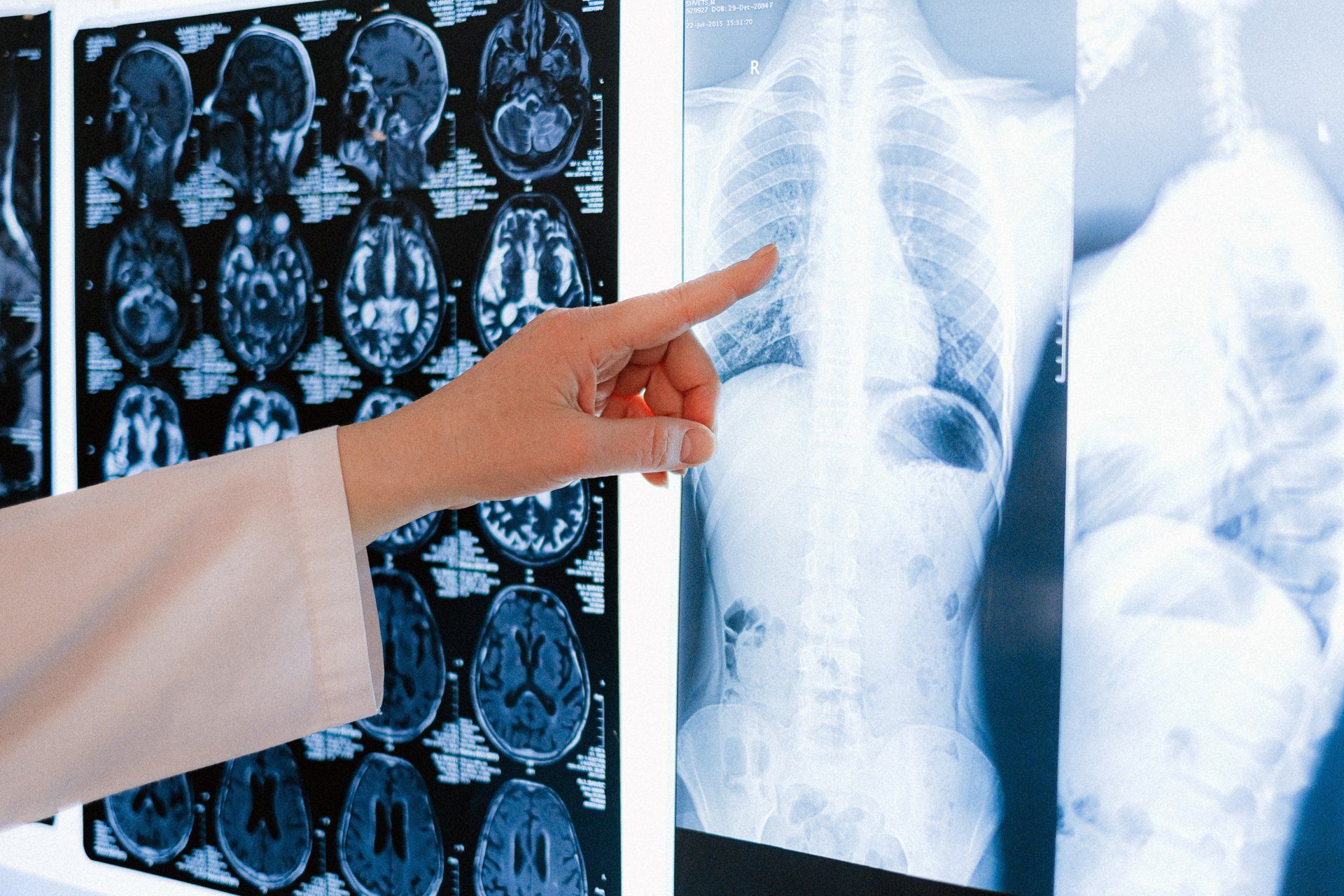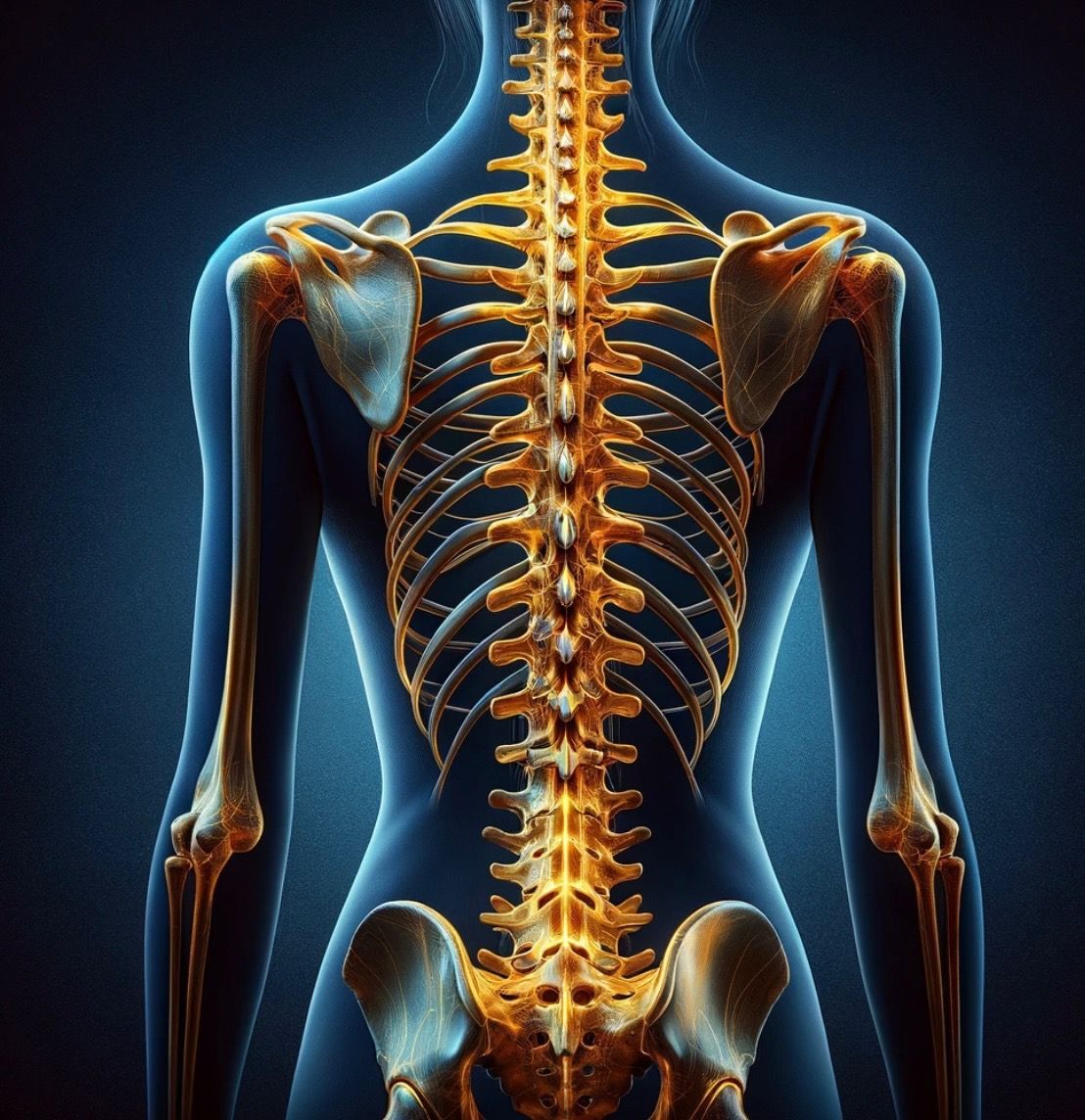Share post...
Hormones play a crucial role in regulating bone health and density, influencing both the growth and maintenance of bones. Several hormones impact bone metabolism by promoting bone growth, remodelling, and repair.
Here's a look at key hormones involved in bone health:
1. Parathyroid Hormone (PTH)
Parathyroid hormone, produced by the parathyroid glands, is pivotal in regulating calcium levels in the blood. High levels of PTH stimulate bone resorption, where bone is broken down to release calcium into the bloodstream. This helps maintain necessary calcium levels for vital functions but can lead to bone loss if the hormone levels are chronically elevated.
2. Calcitonin Produced by the thyroid gland.
Calcitonin helps to lower blood calcium levels in opposition to PTH. It does this by inhibiting bone resorption, which helps to build and maintain bone density. This hormone is particularly active when calcium levels in the blood are high, helping to restore balance.
3. Sex Hormones: Estrogen & Testosterone
Estrogen and testosterone have significant effects on bone density. Estrogen is crucial for the maintenance of bone density in both men and women, although its impact is more pronounced in women. It slows bone breakdown and can enhance bone formation. After menopause, women experience a sharp decline in estrogen levels, leading to increased bone loss and a higher risk of osteoporosis. Testosterone, which is converted to estrogen in men, also supports bone density by promoting bone formation and reducing resorption.
4. Growth Hormone (GH) and Insulin-Like Growth Factor 1 (IGF-1)
Growth hormone, produced by the pituitary gland, and its mediator, IGF-1, play critical roles in bone growth and development, especially during childhood and adolescence. GH stimulates the production of IGF-1, which in turn promotes the formation of new bone. These hormones are essential for achieving optimal peak bone mass in early adulthood.
5. Cortisol Cortisol
The body’s main stress hormone produced by the adrenal glands, can have a negative impact on bone health if present in high levels for prolonged periods. Chronic high cortisol levels can inhibit bone formation and increase bone resorption, potentially leading to osteoporosis.
6. Thyroid Hormones: Thyroid hormones (T3 and T4)
Thyroid hormones play significant roles in various body functions, including metabolism, heart rate, and growth. They are also crucial regulators of bone health. The relationship between thyroid hormones and bone health is complex, and both excessive and insufficient thyroid hormone levels can adversely affect bone density and strength.
Hormones play a pivotal role in maintaining bone health, intricately governing the processes of bone growth, remodelling, and repair. They ensure the balance between bone formation and resorption, which is crucial for achieving and maintaining optimal bone density and strength throughout an individual's life.
Dysregulation in hormonal levels, whether due to thyroid issues, changes in sex hormones, or imbalances in other hormonal systems, can lead to serious bone health problems, including osteoporosis and increased fracture risk. Therefore, understanding and managing hormone levels is essential for preserving bone integrity and function, underscoring the need for regular health assessments and a proactive approach to hormonal health to support a strong, healthy skeletal system.

Recent Posts






